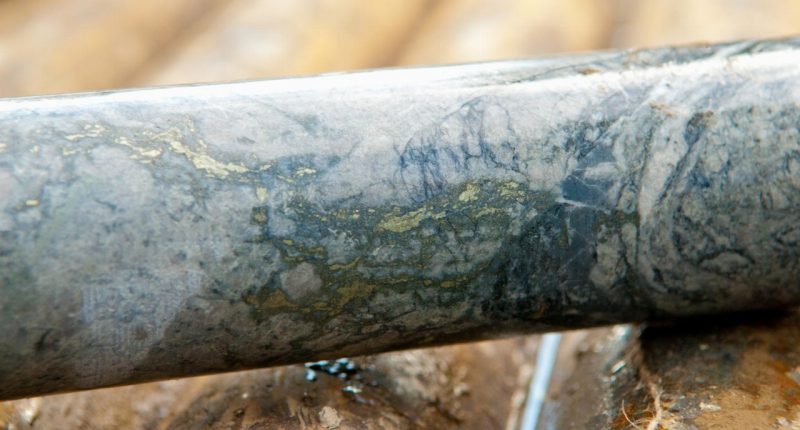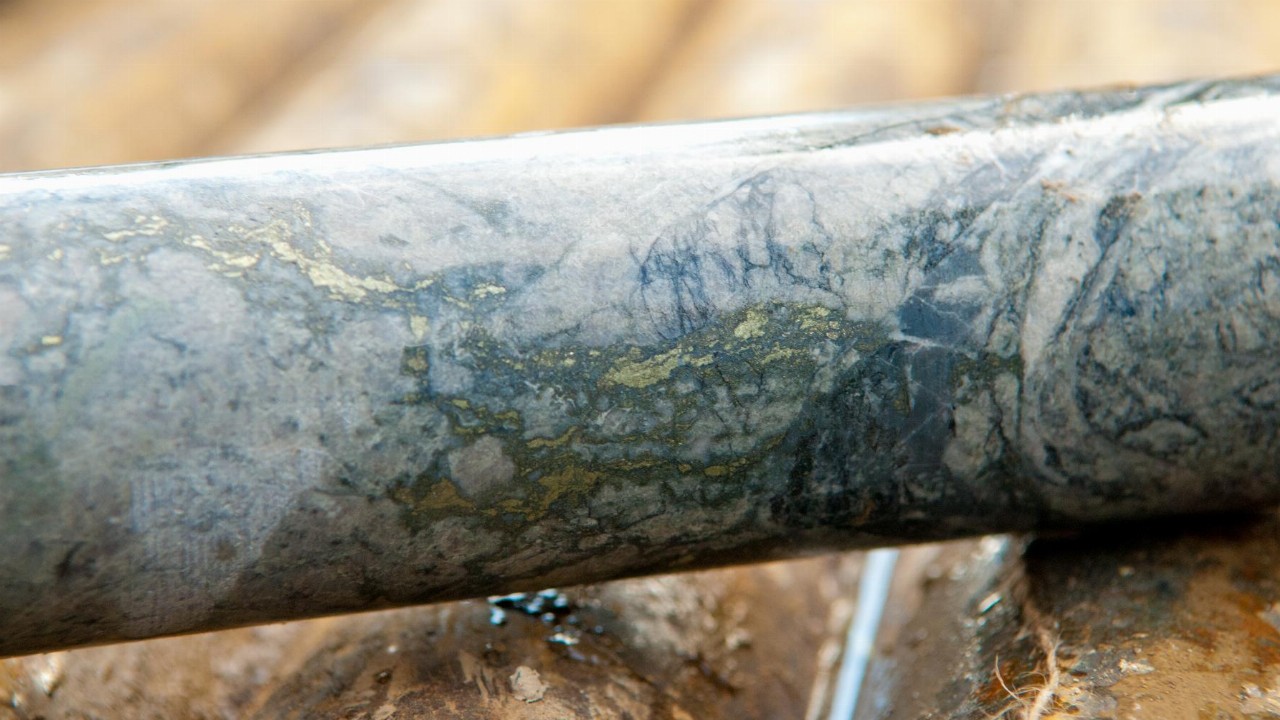- Kingsrose Mining (KRM) confirms and extends historical grades of mineralisation at its Penikat Project in Finland following a core resampling program
- The company is in the process of acquiring Element-46 and subsequently the mineral exploration rights of the project through a share sale and purchase agreement
- Kingsrose collected 95 samples from five historical drill holes and Element-46 collected 76 samples from four historical holes
- Kingsrose says resampling a larger proportion of historical core is required to determine if the historical data could be used in future mineral resource estimation work
- Shares in Kingsrose Mining are up 4 per cent to 7.8 cents each as of 1:51 pm AEDT
Kingsrose Mining (KRM) has confirmed historical grades of mineralisation at its Penikat Project in Finland following a core resampling program.
Penikat is a platinum group element (PGE), nickel, copper and gold deposit which KRM is in the process of acquiring following a share sale and purchase agreement with Element-46 Limited earlier this month. Completion of the acquisition is expected to be finalised in January.
Kingsrose collected 95 samples from five historical drill holes and Element-46 collected 76 samples from four historical holes. All holes were drilled to target the “AP Reef”.
The AP Reef is present along the entire strike length of the intrusion and thickens to form
the ‘AP Ballroom’, which was historically described as a 100-metre-long, five-to-20-metre-thick zone of PGE mineralisation, known as the ‘AP Pothole’.
Resampling of a hole within the AP Ballroom returned an intercept of 10 metres at 3.1 grams per tonne palladium equivalent, which KRM said is 4.8 metres thicker than historically reported.
Moreover, Kingsrose said its resampling work has confirmed historical assays can be repeated to a high level of precision and resampling returned grades higher than the historical assays.
According to Kingsrose Managing Director Fabian Baker, the results validate the company’s conviction that the grades and thickness of mineralisation indicate the potential to define a “globally significant” project.
“With many kilometres of near-surface mineralisation defined by historical work, we believe depth extensions will be confirmed through future drilling to define a multi-million ounce deposit.”
Although preliminary and from a small sample population, the resampling data indicates a
negative bias in the historical assays.
For some historical holes, only a significant interval was reported and the individual assay data has not been located to date.
Kingsrose said further work, including resampling a larger proportion of mineralised intervals of historical core, is required to determine if the historical data could be used in future mineral resource estimation work.
Shares in Kingsrose Mining are up 4 per cent to 7.8 cents each as of 1:51 pm AEDT.







